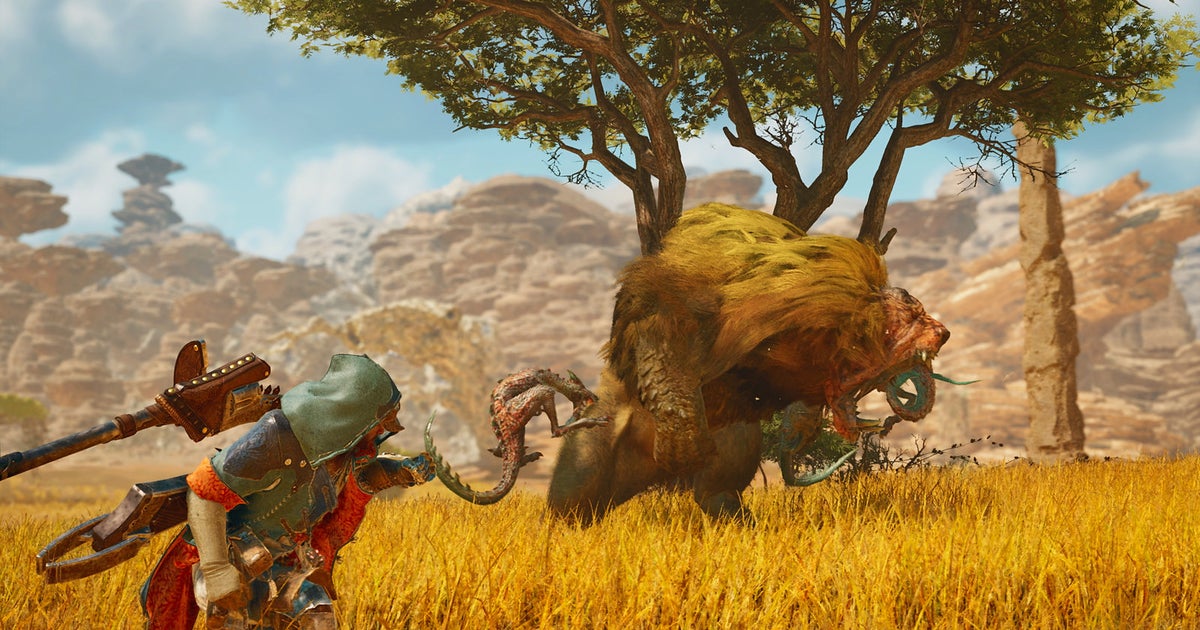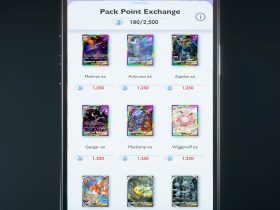Just in case there was any doubt that Monster Hunter Wilds is going to be one of 2025’s biggest releases, along comes Steam to prove that PC players will be among the first to jump into the highly-anticipated sequel come February.
The Wilds beta, which kicked off overnight, is already one of Steam’s most played games.
Very soon after it went live, the Monster Hunter Wilds beta shot up the Steam charts. The game achieved a peak of 463,798 players (via SteamDB), a figure that’ll no doubt rise over the weekend. Nearly half-a-million concurrent players was enough to land it in Steam’s top five most played games.
Since the release of Monster Hunter World back in 2018, Steam has turned into one of the biggest platforms for Monster Hunter. While Monster Hunter Rise didn’t attract anywhere near that large of an audience when it came to PC, Capcom was likely banking on Wilds, being the next full-fat sequel, reinvigorating interest in the series.
And it looks like the publisher had the right idea. The Wilds beta concurrent player figures are already much higher than World’s all-time peak, which hit 334,684 concurrent players at the game’s release. While comparing a free beta with a full-price game is hardly fair, there’s no denying that it demonstrates the hunger for a new mainline Monster Hunter. It’s a little harder to guess whether Wilds will match, or overtake, World’s Steam numbers, but all signs so far are positive.
The Monster Hunter Wilds open beta is available until Sunday, November 3. To get involved, simply head to the game’s Steam page and click the ‘Request Access’ button. You’ll be granted access immediately, and you can begin the download. The beta supports cross-play with PlayStation and Xbox, and you’ll even get a couple of rewards in the full game just by playing it.
fbq('init', '1749355691872662');
fbq('track', 'PageView'); window.facebookPixelsDone = true;
window.dispatchEvent(new Event('BrockmanFacebookPixelsEnabled')); }
window.addEventListener('BrockmanTargetingCookiesAllowed', appendFacebookPixels);











Leave a Reply